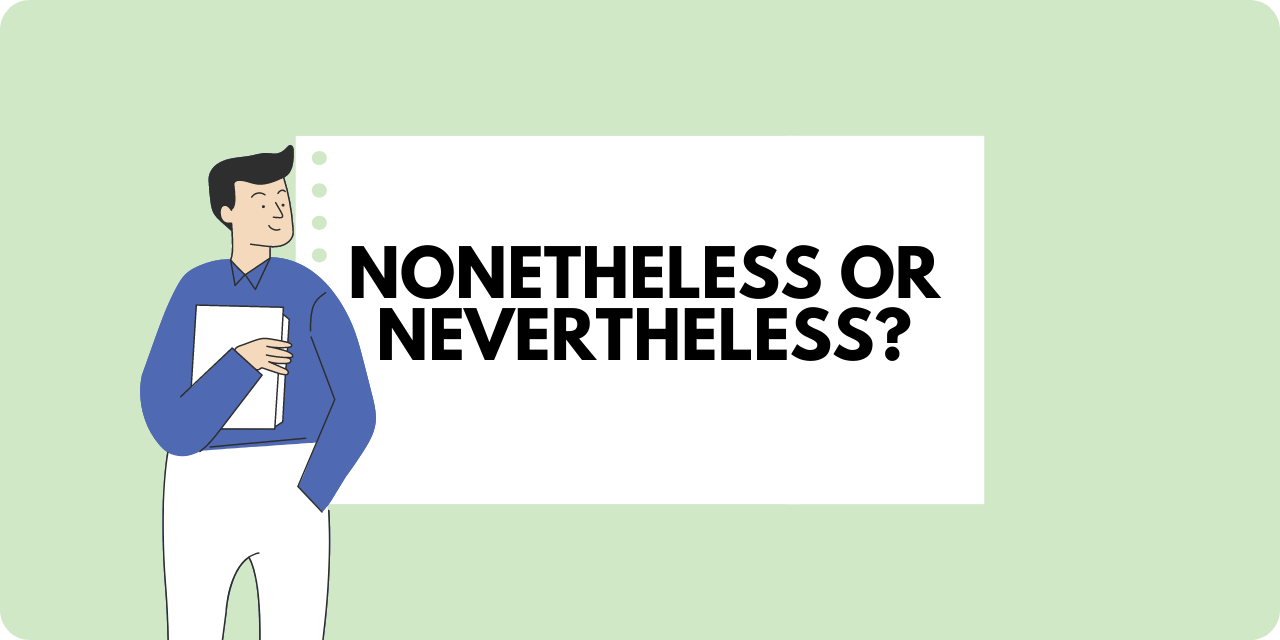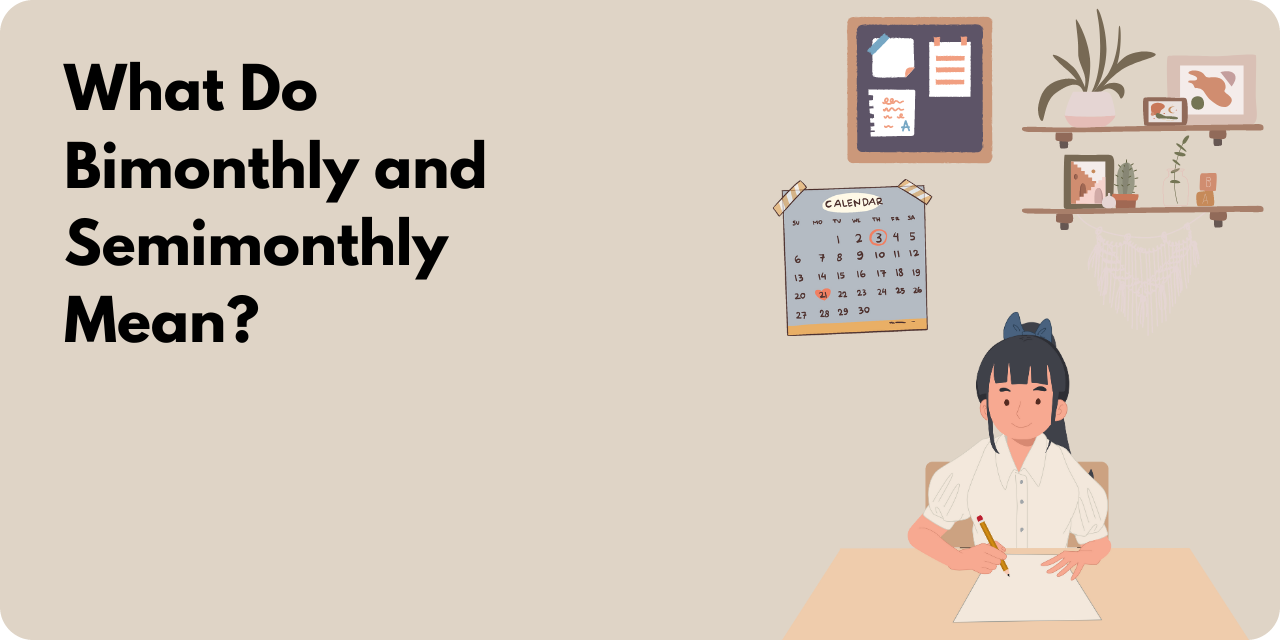Homophones are words that mean different things even though they sound the same. Homophones can cause significant grammatical errors. You may know what word you’re saying, but the wrong spelling can make your writing look unprofessional.
Today we’ll talk about these two homophones: Weather and whether. Weather is usually used in noun form. It refers to the state of the atmosphere in a certain place. Examples of include rain, snow, sunshine, fog, etc. In contrast, whether is a conjunction. Whether introduces a clause and shows that there is a choice between different alternatives.
More About Weather
Weather refers to the climate at a specific time and place. It can refer to many different aspects of the climate, including temperature, rainfall, humidity, etc.
Example sentences:
- The weather in Texas is usually hot.
- I heard about the flood. I’m so sorry you’ve had such bad weather lately.
- My favorite season is winter because I enjoy the snowy weather.
- San Diego has perfect weather, always sunny and never too hot.
Have you ever heard the phrase “weather the storm”? Here we see that weather is combined with storm to make a phrasal verb. To weather the storm means to survive a difficult time.
- We weathered the storm of my unemployment by getting food stamps.
- My business was able to weather the storm of that scandal fairly well.
When weather is being used as a verb, it means erode.
- Her face had weathered during her time in the desert.
In addition, weathered can be used as an adjective. In this form, it means worn or old.
- The rock was weathered smooth by the passing river.
- I love that antique, weathered look of furniture from the 50s.
More About Whether
Whether and if can be used similarly in many sentences. However, it’s important to note that you can’t always substitute one for the other. Whether is a conjunction that shows there is a choice between two or more alternatives.
Example sentences:
- Do you know whether I should turn right or left?
- Will you buy it whether or not they drop the price?
- Whether they are fried or boiled, eggs are a great source of protein.
If can sometimes be a replacement for whether:
- I don’t know whether he loves me or not.
- I don’t know if he loves me or not.
- They often ask whether we are related.
- They often ask if we are related.
Whether and if cannot always replace each other. For example, when whether forms a conjunctive clause or introductory clause, it shouldn’t be replaced with if. However, in those situations, you can replace whether with regardless if.
- Joanna always studies hard, whether she likes the class or not.
- Joanna always studies hard, regardless if she likes the class or not.
- Whether she pays the fine or not, she will likely go to jail.
- Regardless if she pays the fine or not, she will likely go to jail.
Wether
Another homophone for whether and weather is wether. Wether means a castrated male sheep! It’s a very uncommon word that you likely don’t mean to write. However, it’s important to realize that it is a real word because spell-check may not mark it as an error.
Helpful Tips
Look at the different letters used in weather and whether. Weather has an a in it, and we see “ea” together. Remember that weather, such as rain or wind, affects the sea.
So the ea in weather can remind you of the sea. When you see it, you know you have the right word relating to climate. If you’re not talking about climate, then you probably mean wether.
Want to sharpen your business writing skills? Discover our acclaimed online courses at syntaxtraining.com Whether you want to learn about taking taking meeting notes, become a master proofreader, master punctuation or tune-up your business writing skills, our courses are here to help you.






